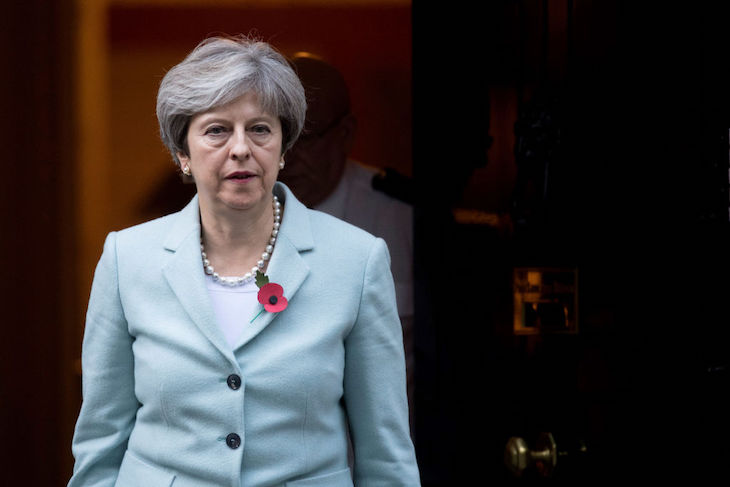Will Theresa May really go for a wide-ranging reshuffle in the next few weeks? Westminster wisdom has long been that it is dangerous to move your top team around, as sacked ministers make troublesome backbenchers. This does ignore the inconvenient truth that most of the trouble that May has faced over the past few months has come from within her Cabinet – albeit with an extra helping of Brexit rebels on the Conservative backbenches too.
She is understood to be deliberating over whether to appoint a direct replacement for Damian Green as First Secretary of State, though even if she scraps that role, there is still a hole to fill at the Cabinet Office and on the various powerful committees delivering policy from Brexit to social care. Jeremy Hunt appears primed for this job, with loyal media performances after Green’s departure, and a remarkable ability survive even fierce opposition while working as Health Secretary. He is a loyal minister, and both David Cameron and May felt they were able to leave him to it in the Health department, which is no mean feat given he succeeded Andrew Lansley, who Cameron realised belatedly was not best left to it, and given he set up a fierce confrontation with the medical profession over reforms to doctors’ pay.
Hunt therefore appears to have the personal attributes to be May’s main sidekick, but it would also be a smart move policy-wise if the Cabinet Office role continues to oversee social care reform, given Hunt knows better than most the government the effects of delaying a long-term financial settlement for the sector. He was frustrated by the manifesto pledge on the matter, which cost the Tories so much in the snap election, and has been one of the ministers pushing behind the scenes for the party to get on with proper reform and fast, as opposed to the long-grass approach favoured by those more worried about the political implications of talking about social care once again.
If the Health Secretary does move, there are reports that May could replace him with Dr Phillip Lee, a GP and currently a justice minister. Lee is a much more confrontational politician than Hunt, but the doctors’ unions may find him trickier to undermine given he is from their own ranks, rather than an outsider who they can paint as ignorant of the pressures on the health service.
Hunt and Lee might be keen to move, but one man who isn’t keen at all is Boris Johnson, whose allies are still briefing that he will refuse to move in a reshuffle. May has been considering giving him a more Brexit-focused role – which would suit the Foreign Secretary far better than accidentally giving the Iranian regime an excuse to imprison someone – but Johnson is not for moving. Johnson’s senior colleagues have also been delighting in annoying him by telling him what a great hope for the party Tom Tugendhat is. The chair of the Foreign Affairs committee is a rising star in the Conservative party, but perhaps not in Boris’s esteem, given the pair have clashed a fair bit in recent months, particularly over Johnson’s comments about Nazanin Zaghari-Ratcliffe. It is worth watching the body language between the two in the House of Commons when Tugendhat is asking a question: it’s not exactly warm.
Whether May does go for a big reshuffle that may even involve telling Johnson that he isn’t the boss and so has to do as he’s told does depend on how much political capital she feels she has. The Prime Minister has managed to survive the autumn parliamentary term remarkably well, given the chaos raging around her. But even more important than how much political capital she has to do a reshuffle is how much capital she spends talking about the reshuffle. The weakest thing wouldn’t be to carry out a small rearrangement of posts, as this can sometimes make a great deal of sense in policy terms, but to talk about a big reshuffle before realising that it isn’t possible and only managing a tiny, whimpering, number of announcements.







Comments